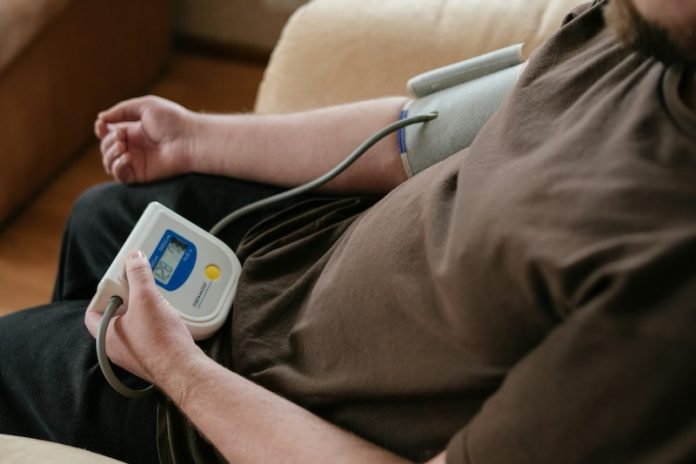
After a heart attack, many patients are prescribed beta blockers to reduce the risk of future heart problems. These medications are effective in treating conditions like irregular heart rhythms, chest pain (angina), and high blood pressure.
However, new research suggests that not all heart attack survivors may need to take beta blockers for an extended period.
A recent study published in the journal Heart looked into whether beta blockers are necessary for heart attack survivors without heart failure or a specific heart issue called left ventricular systolic dysfunction (LVSD). This research could change how long-term beta blocker use is approached for certain patients.
What the Study Found
The study analyzed data from 43,618 adults who had a heart attack between 2005 and 2016. None of these patients had heart failure or LVSD.
Researchers wanted to see if there were differences in survival rates or additional heart problems between those who continued taking beta blockers beyond the first year after their heart attack and those who stopped.
The results showed no significant differences in outcomes. Over an average follow-up period of 4.5 years, patients who continued beta blocker treatment did not fare better in terms of survival or avoiding further heart issues compared to those who stopped taking the medication.
In simpler terms, continuing beta blockers for years didn’t appear to provide extra benefits for these patients.
Key Considerations and Limitations
It’s important to note that the study was observational, meaning it cannot definitively prove that stopping beta blockers causes no harm. There were also limitations:
- Patients were not randomly assigned to continue or stop treatment.
- Researchers did not track how consistently patients took their medications.
- The study didn’t evaluate how beta blockers affected patients’ quality of life.
These factors mean more research is needed to confirm the findings.
Why This Matters for Patients
Beta blockers can have side effects such as fatigue, depression, and low energy, which may impact a patient’s overall quality of life. The study suggests that long-term use of beta blockers might not be necessary for heart attack survivors without heart failure or LVSD. This could mean fewer medications and fewer side effects for many patients.
However, every patient’s situation is unique. While beta blockers are beneficial for some, especially those with heart failure or other heart problems, they may not be as necessary for others who are otherwise healthy after a heart attack.
What Should Patients Do?
If you’re taking beta blockers and are unsure whether you need to continue, it’s important to talk to your healthcare provider. They can evaluate your specific health needs and determine the best treatment plan for you. Do not stop taking beta blockers on your own without medical advice, as this could increase your risk of complications.
The Need for More Research
Experts agree that more studies are needed to fully understand who benefits most from beta blockers after a heart attack. Large-scale randomized trials could provide clearer answers and help refine treatment guidelines for patients at lower risk.
Looking Ahead
This study raises important questions about the long-term use of beta blockers for heart attack survivors without heart failure or LVSD. It highlights the need for a personalized approach to treatment, ensuring that medications provide real benefits without unnecessary side effects.
As research continues, it’s crucial for patients to stay informed and work closely with their healthcare providers to make the best decisions for their heart health. By tailoring treatment to individual needs, we can aim for better outcomes and improved quality of life for heart attack survivors.
If you care about blood pressure, please read studies about unhealthy habits that could increase high blood pressure risk, and eating eggs in a healthy diet may reduce risks of diabetes, high blood pressure.
For more information about blood pressure, please see recent studies that early time-restricted eating could help improve blood pressure, and results showing 12 foods that lower blood pressure.
Copyright © 2025 Knowridge Science Report. All rights reserved.



